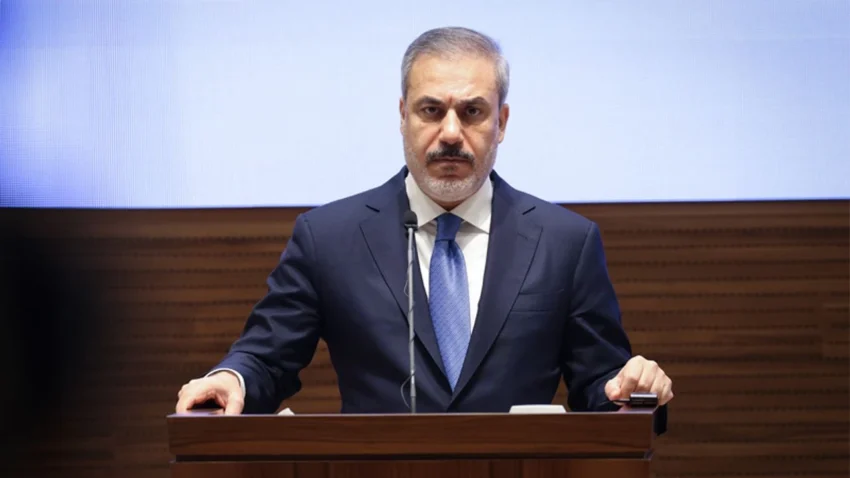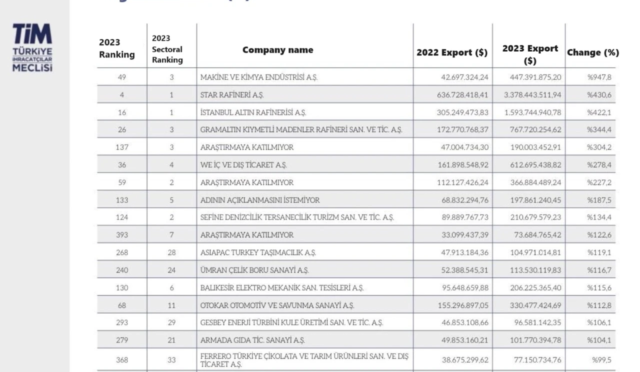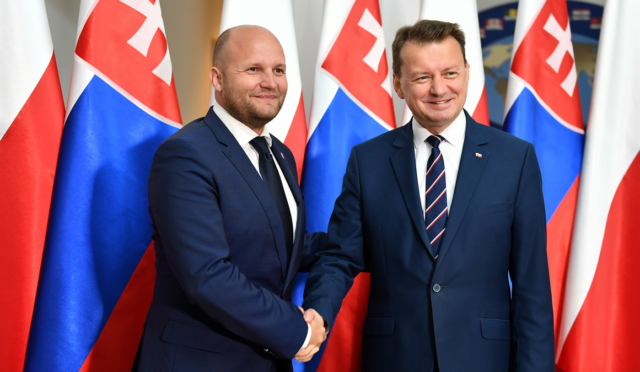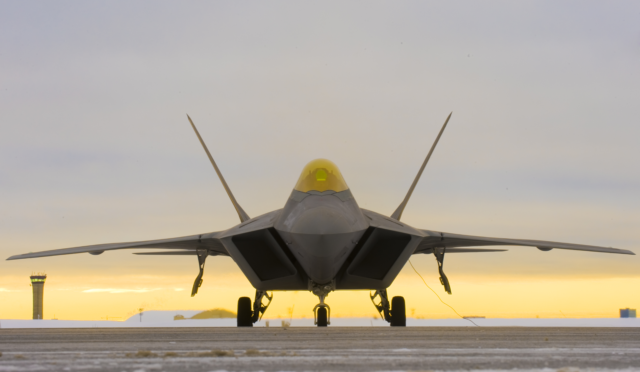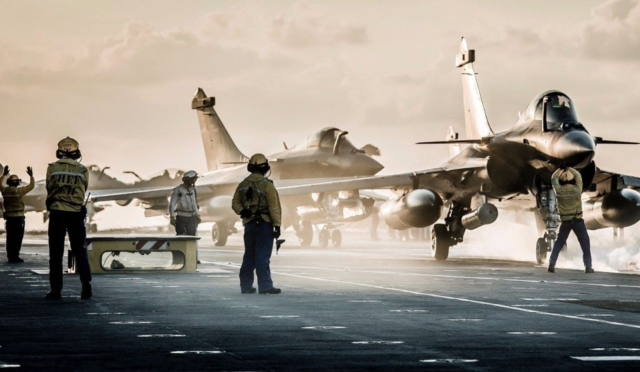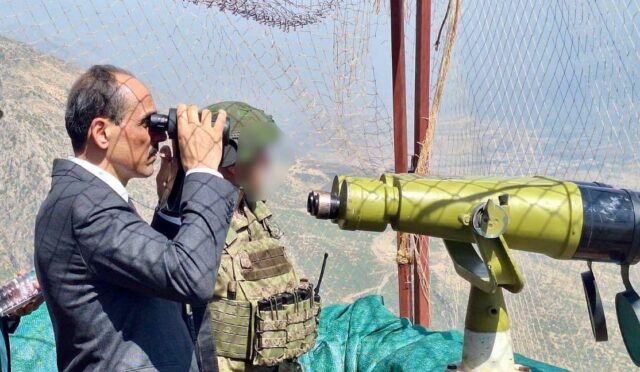In a strongly worded statement during a joint press conference with El Salvador’s Foreign Minister Alexandra Hill, Turkish Foreign Minister Hakan Fidan accused Israel of actively working to destabilize Syria with the aim of dividing the country. The remarks follow recent clashes in southern Syria’s Sweida region, which Fidan described as part of a broader Israeli strategy to weaken its neighbors through perpetual chaos.
“Israel does not want to see a stable country in its vicinity,” Fidan said. “Its objective is the fragmentation of Syria.”
Fidan’s statements come amid renewed violence between Druze and Bedouin factions in southern Syria, and growing concern that external actors are exploiting these ethnic tensions for geopolitical gain. He stressed that Turkey has closely followed the developments and will not tolerate any group seeking to divide Syria through force.
“Any group that attempts to promote division through violence will be perceived as a direct threat to Turkey’s national security,” said Fidan. “We will intervene if necessary.”
A Message to Syria’s Armed Factions: “Do Not Seek Tactical Gains at Strategic Expense”
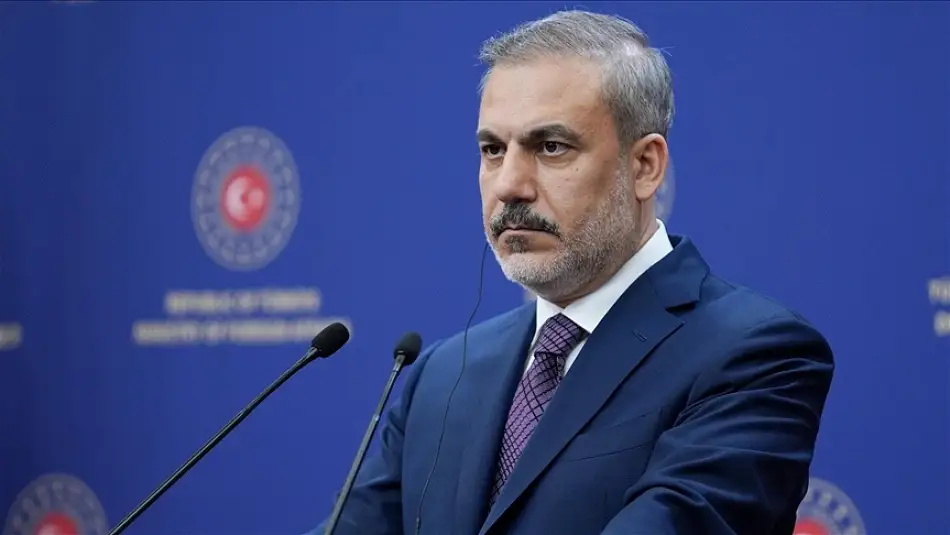
The Turkish foreign minister made clear that dialogue and diplomacy remain open channels for all parties inside Syria, regardless of ethnicity or affiliation. However, he warned against the use of force or foreign-backed maneuvers to carve out autonomous zones.
“Do not consider chaos a tactical opportunity,” he said, addressing local factions. “History has proven that no good comes from playing someone else’s game. Work toward an honorable, unified life with your fellow citizens.”
Fidan specifically criticized Druze leader Hikmat al-Hijri, accusing him of acting as a proxy for Israel, rejecting mediation, and undermining peace efforts in Sweida.
Israel’s Alleged Destabilization Strategy
According to Fidan, Israel has consistently tried to sabotage regional efforts to stabilize Syria, including initiatives supported by the United States, European Union, Arab League, and regional powers. He characterized Israel’s involvement in southern Syria as being disguised under the pretext of “protecting the Druze minority,” while actually pursuing broader objectives of weakening Syria and preventing national reconciliation.
“Keeping your surroundings in chaos to feel safe is ultimately self-defeating,” Fidan warned. “Israel must abandon this strategy before it leads to even greater regional instability.”
Fidan alleged that Israeli airstrikes have targeted Syrian troops en route to conflict zones in Sweida, preventing the central government from asserting control and restoring order.
Turkey’s Vision for a Unified, Stable Syria
Reaffirming Turkey’s longstanding commitment to Syria’s territorial integrity, Fidan said Ankara has supported all regional and international efforts to resolve the Syrian conflict diplomatically. He emphasized that Syria should not become a source of terrorism, irregular migration, or regional unrest, and called on the international community to reinforce the recent comprehensive ceasefire agreed in Sweida.
“Our goal is to help Syria become a sovereign, stable nation that can return refugees, rebuild infrastructure, and ensure internal peace,” said Fidan. “We will not allow any actor to derail this progress.”
Fidan also stressed the importance of supporting the Syrian central government in deploying security forces to Sweida, as no external force or militia can guarantee the protection of civilians.
Turkey’s Expanding Global Diplomacy
While addressing regional tensions, Fidan also highlighted Turkey’s growing diplomatic and economic footprint in Latin America, particularly in El Salvador. He praised the Central American country’s efforts to overcome civil unrest and gang violence, adding that Turkish firms have made substantial investments in El Salvador’s development.
“We aim to deepen cooperation across all sectors,” said Fidan. “We are also working toward signing a military framework agreement to boost training and capacity-building between our armed forces.”
Turkey, he added, has supported El Salvador through development projects coordinated by TİKA, and intends to expand educational ties, especially through Türkiye Scholarships.
Mediation Role in Ukraine-Russia and Iran Nuclear Talks
Fidan announced that Istanbul will host the third round of Russia-Ukraine peace talks this week, as Turkey continues its role as a trusted mediator in international conflicts.
“Our goal is to keep both parties engaged and to advance confidence-building measures with tangible results,” he said.
Additionally, nuclear negotiations between Iran, Germany, the UK, and France will also take place in Istanbul, underscoring Turkey’s growing stature as a diplomatic hub. Fidan reiterated Turkey’s position that Iran’s nuclear activities should be resolved through diplomacy, not confrontation.
Defending Palestinian Rights and Condemning Israeli Aggression in Gaza
Fidan condemned Israel’s continued attacks on Gaza, which he described as “genocidal,” and stated that Turkey would persist in defending Palestinian rights through all political and legal means.
“Netanyahu’s interests lie in dragging the region into chaos, but we as regional countries will not allow this,” he said.
VISA Liberalization with the EU Remains a Priority
On the topic of EU relations, Fidan stated that visa liberalization remains a strategic objective for Turkey as a candidate country. Although improvements have been made—especially regarding reapplying for previously held visas—Fidan acknowledged ongoing issues stemming from post-COVID visa backlogs and rising xenophobia in European politics.
“Our ultimate goal is full visa liberalization,” Fidan emphasized. “A country as deeply integrated with Europe as Turkey should no longer be facing these barriers.”
Conclusion: Regional Leadership and Moral Responsibility
Fidan concluded by reinforcing Turkey’s strategic vision of a peaceful, integrated, and sovereign Syria, warning against outdated ideologies that promote division and violence.
“It is time to integrate—not disintegrate. Preserving identity and belief does not mean rejecting unity. We will oppose, by all necessary means, any plan that seeks to divide Syria into weak, unstable enclaves.”
As Turkey navigates complex regional dynamics while expanding its global reach, Fidan’s statements underscore Ankara’s dual approach: firm defense of national and regional interests, and active diplomatic engagement on the global stage.
